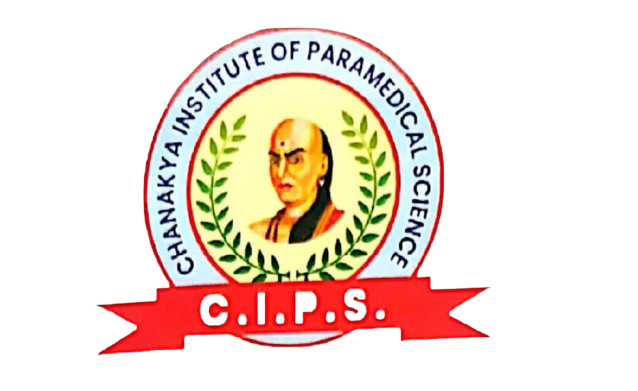An ECG (Electrocardiography) Technician specializes in performing electrocardiograms, a diagnostic test that records the electrical activity of the heart. This test helps in diagnosing heart conditions such as arrhythmias, heart attacks, and other cardiac issues. ECG Technicians play a crucial role in monitoring patients’ heart health and assisting healthcare providers in interpreting heart function.
Eligibility Criteria :
The eligibility criteria for an ECG Technician course typically include:
Educational Qualification:
- Candidates should have completed their higher secondary education (10+2) with a focus on science subjects like Biology, Physics, and Chemistry.
- Some programs might accept candidates with a lower level of education, provided they meet other requirements.
Age Limit:
- There is generally no strict age limit for admission, though candidates should be in an age group suitable for the course and profession.
Medical Fitness:
- Candidates may need to provide a medical fitness certificate to ensure they are physically and mentally fit for the demands of the role.
Entrance Examination:
- Some institutions may conduct an entrance examination or interview as part of the admission process.
Documents Required for Admission:
To apply for an ECG Technician course, candidates usually need to submit the following documents:
Completed Application Form:
- A form filled with accurate personal and educational details.
Educational Certificates:
- Mark sheets and certificates of higher secondary education (10+2) or equivalent.
- Any other relevant academic qualifications.
Identity Proof:
- Government-issued ID such as Aadhar card, passport, or driver’s license.
Medical Fitness Certificate:
- A certificate from a registered medical practitioner confirming the candidate’s physical fitness.
Photographs:
- Recent passport-sized photographs (usually a set).
Proof of Residence:
- Documents like utility bills, rental agreements, or similar to verify the candidate’s address.
Criminal Background Check:
- If required by the institution or program.
Caste/Category Certificate:
- For reserved category candidates (if applicable).
Career Path after ECG Technician Course:
Graduates of an ECG Technician course have several career opportunities in the healthcare sector. Potential career paths include:
ECG Technician:
- Performing ECG tests, monitoring patients during tests, and ensuring that the ECG equipment is properly maintained and calibrated.
Cardiac Care Technician:
- Working closely with cardiologists to provide specialized care in cardiac units, assisting with various cardiac diagnostic procedures and treatments.
Telemetry Technician:
- Monitoring patients’ heart rhythms and vital signs through telemetry systems, often working in hospital settings, especially in cardiac units or intensive care units.
Medical Imaging Technician:
- Specializing in different diagnostic imaging techniques beyond ECG, such as X-rays or ultrasounds, with additional training.
Cardiology Assistant:
- Assisting cardiologists with patient assessments, conducting preliminary tests, and preparing patients for cardiological procedures.
Healthcare Administration:
- Taking up roles in healthcare administration, managing cardiac diagnostic departments or clinics, and overseeing operations.
Medical Sales Representative:
- Working for companies that manufacture or supply ECG equipment, providing technical support, and promoting products to healthcare facilities.
Further Education and Specialization:
- Pursuing additional certifications or degrees in related fields, such as cardiac care, medical technology, or healthcare management, to advance in the field or shift to related areas.
Research and Development:
- Contributing to the development of new ECG technologies or improving existing diagnostic methods through research roles in medical institutions or companies.
The role of an ECG Technician is vital in the healthcare system, providing essential diagnostic information that helps in the effective treatment and management of heart conditions. The field offers a range of opportunities for specialization and career advancement.
